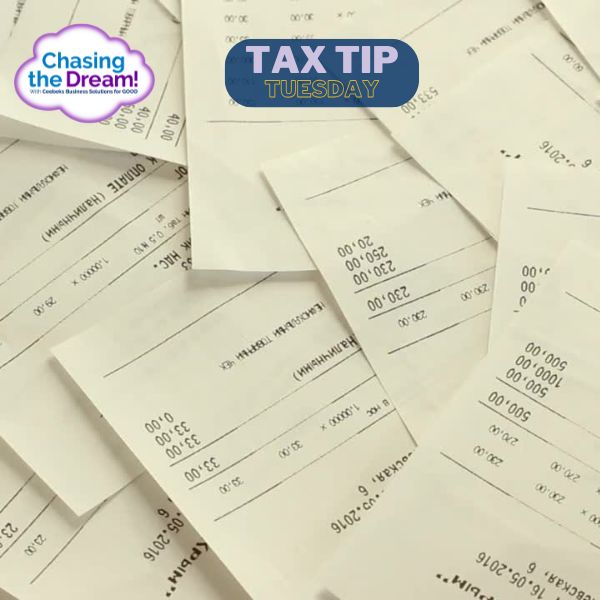Hiring your children and family members is one of the most powerful tax strategies available to small-business owners today.
Sadly, however, it’s underused.
There is a legal principle that some small business owners cannot employ themselves. This means a sole trader, individuals in a partnership, and individuals acting as trustees for a discretionary trust, cannot be employed by their business.
But there is, however, nothing stopping other family members being employed by your business.
Just because someone employs family members to help run their business this does not mean they can be treated differently from other employees. The business owner must still comply with all the employment regulations.
Many people don’t realise that paying their children or grandchildren, whether they’re under 18 or adults, is an excellent strategy to minimise tax liability and enjoy a host of ancillary benefits. Before the end of the year, you should also consider whether it makes sense to put your spouse on your payroll. It’s surprising how many new customers I meet with who have their spouse on the payroll without explanation. They just think that it’s ‘what you do.’
You can’t just add the kids or your spouse to the books as an afterthought once the year has ended. You need to follow a paper trail that must be complete by 30th June too, as well as make sure to document the work they completed this year.
So why get your children involved in the business? The days of hard work on the family farm are rapidly disappearing. More and more children are leaving home without a work ethic, money management skills or a concept of entrepreneurship. Moreover, many business owners forget that some of their most affordable labour is sitting right across from them at the dinner table.
Here is the information you will need to determine whether this is a strategy worth pursuing for putting family members on your payroll – including paying children who are under the age of 18 or less!
It’s important that you follow the right procedure, or this strategy could backfire. Here are the pertinent facts and rules to follow when putting your minor children to work in your business.
First, you don’t have to withhold any income taxes or payroll taxes from your own children and dependents under age 18. This also applies to workers’ comp, as well as state and federal unemployment insurance. This is because the government and insurance carriers assume your children won’t sue you if they are hurt on the job — hopefully not, at least. Your children are also probably on your health insurance plan, so you’ll end up paying the bill one way or another.
NOTE: I recommend that you review the laws in your jurisdiction to ensure you are operating legally regarding workers’ comp and other payroll taxes, as well as work permits and other regulations.
Second, realise that all of us, including our children, won’t pay taxes on the first $18,200 we earned in 2020. It’s the tax-free threshold. They won’t pay taxes on their earned income up to this level.
Third, make sure that your children are doing legitimate services – and keep good records. Services could include washing – work uniforms, tea towels, cleaning work, social media, stuffing envelopes, shredding paper, filing, working on a rental property, etc. You might consider establishing a clear job title and description for your child and keeping track of his or her tasks.
WARNING: Hiring your children to do family jobs will not qualify as a valid deduction and will certainly set you up for an audit.
There is nothing stopping you employing your wife and/or kids but you must make sure that you have all of the required registrations and meet the other obligations relating to employing someone.
The first of these will be you registering with the ATO as a PAYG withholding employer. When you pay your wife her salary each month you will need to work out how much PAYG withholding tax to deduct, pay the net wage, and once a quarter pay the tax withheld to the ATO.
In addition, you will need to need to register as an employer for Workcover and superannuation. This will result in you paying insurance, at a rate determined by the work done by your family members, on the salary you pay them. Also, you may need to pay superannuation to their super fund, which is currently 9.5 percent of their salary.
You will also need to make sure that you satisfy all of the requirements laid down by the Fair Work Act 2009 for employers. This will not only mean giving your family members a payslip every time you pay them but there will be other paperwork that must be completed specified by the Fair Work regulations.
As you will be claiming a tax deduction for the salary paid to your family members you should also make sure that you have good employee records to support what you are paying them. This should at least be in the form of records that show how many hours a month they are working and what hourly rate you are paying them from the appropriate Industry Award.
If your family members can or are helping you in your business (even if they are on the payroll) make sure you give me a call to organise a chat – before doing anything.
Provided it is commercially realistic, you can legitimately save heaps of tax in this way.

